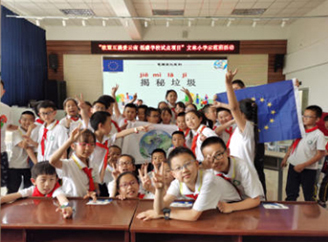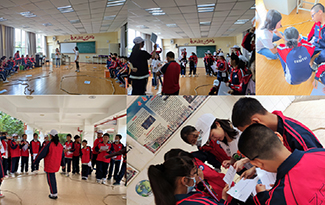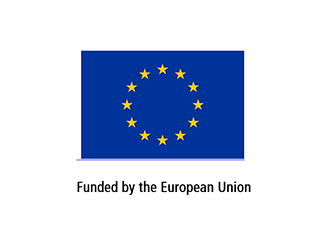consent_cookie
Duración: 1 year
Stores the user's cookie consent state
22-06-2021
Throughout the month of May, different activities have been carried out in various schools in Kunming, in the Chinese province of Yunnan, with the participation of 688 students. These activities are part of the Low Carbon Schools Pilot Project that the Fundación Pueblo para Pueblo has been developing in China since last year with funding from the European Union and the collaboration of a prominent group of local entities.
The activities have combined face-to-face sessions and virtual actions:
At the same time, meetings have been organized with 18 of the 600 schools that the project intends to involve, with several objectives: to establish in the centers the so-called 'Environmental Sustainability Corner', to monitor the activities carried out, to define the schedules for the following months and the action program for the summer holidays.
May 22, International Biodiversity Day
At the same time, various training, experience exchange and cooperation activities have taken place between the project partners. The celebration on May 22 of the International Biodiversity Day has served as a lever to continue delving with the participants on issues such as climate change, low-carbon lifestyle or calculation of the emissions footprint of the different campuses involved.
The trainings are usually very dynamic and participatory. To evaluate the progress made with these sessions, a simple knowledge test is proposed, before the training, and another after it: the success rate in the initial test is 55%; at the end, it becomes 85%, which shows that the training has improved the relevant knowledge of the students.
Ultimately, training is proving key for students to advance in their role to achieve a low-carbon society and schools, as well as in the fight against the consequences of climate change.


